(Chinhphu.vn) - On April 11, Prime Minister Pham Minh Chinh chaired a Government meeting on law-making in April 2024. Also attending the meeting were Deputy Prime Ministers, members of the Government, leaders of ministries, branches and agencies under the Government.
The Prime Minister chaired the Government meeting on law making in April 2024.
With a high sense of responsibility and lively discussion, the Government reviewed and gave opinions on two important contents.
In particular, the draft Law on Value Added Tax (amended) needs to be resolved to soon be submitted to the National Assembly for consideration and comments at the 7th session. The plan to use increased revenue and save expenditure in 2023 needs to be soon submitted to the National Assembly Standing Committee for consideration and decision to allocate, use, and serve socio-economic development.
Concluding the meeting, Prime Minister Pham Minh Chinh highly appreciated the Ministry of Finance for its efforts and active preparation and submission of the above contents; seriously receiving and explaining the opinions of the Government Standing Committee and Government members for revision and completion.
The Prime Minister highly appreciated the dedicated, responsible and in-depth opinions of the Government members and delegates attending the meeting, and requested the Minister of Finance to direct the serious and complete acceptance of opinions to complete the draft Law and the plan to use increased revenue sources and save regular expenditures to submit to competent authorities for consideration and decision; and assigned Deputy Prime Minister Le Minh Khai to directly direct the completion of these two contents.
Regarding the draft Law on Value Added Tax (amended), the Prime Minister noted the requirement to closely follow the Party's guidelines and policies, closely follow reality, and solve practical problems. Tax tools need to protect domestic production, encourage priority sectors, but be reasonable, appropriate, and flexible; harmonize the interests between the State, businesses, and people; promote digital transformation, non-cash payments, and prevent corruption, negativity, loss, and smuggling.
The Prime Minister said that it is necessary to encourage innovation, technology transfer, and investment in emerging areas such as digital transformation, green transformation, and export promotion; with essential goods that affect macroeconomic stability such as energy, food, and foodstuffs, careful calculations must be made.
Regarding the plan to use increased revenue and save expenditure in 2023, the Prime Minister noted that it is necessary to properly implement the Budget Law, with priority order, ensuring publicity, transparency, harmony, rationality, and balance between regions and fields, but with focus, key points, and concentration on implementing the tasks and goals set out in the Resolution of the 13th National Congress, projects that have completed procedures, priority areas, such as strategic infrastructure, transportation, including urgent projects, such as some expressway sections that currently have only 2 lanes...
Along with the specific contents of the meeting, the Prime Minister emphasized 3 key groups of tasks on the work of building and perfecting institutions in the coming time.
Firstly, the Prime Minister requested active preparation to serve the 7th session of the 15th National Assembly.
The number of draft laws submitted by the Government to the National Assembly at this session is very large (about 18 draft laws), the task is very heavy. The Prime Minister requested ministers and heads of ministerial-level agencies to focus resources, lead and direct the completion of draft laws in accordance with the provisions of the Law on Promulgation of Legal Documents; take responsibility for the content and quality of draft laws, and not allow the insertion of provisions for group interests or local interests. Closely and effectively coordinate with National Assembly agencies in submitting, examining, reporting on the acceptance and explanation of opinions of the National Assembly and National Assembly deputies; report to the Government and the Prime Minister on the acceptance and revision of draft laws in accordance with regulations.
Second, the Prime Minister requested to urgently draft, submit, and promulgate documents detailing and guiding the implementation of laws and ordinances passed by the National Assembly.
Ministers and heads of ministerial-level agencies focus on leading and directing the acceleration of the drafting, submission and promulgation of documents detailing laws and ordinances that have come into effect since January 1, 2024 (5 decrees and 2 decisions of the Prime Minister); urgently complete and submit to the Government and the Prime Minister for consideration and promulgation of documents detailing the Land Law, the Law on Credit Institutions, the Housing Law and the Law on Real Estate Business (before May 15, 2024).
Prime Minister Pham Minh Chinh emphasized three key tasks in the work of building and perfecting institutions in the coming time.
The Minister of Justice shall monitor, urge and inspect the issuance of detailed regulations by ministries and ministerial-level agencies; report and recommend to the Prime Minister to consider and handle responsibilities in cases of delay or debt in issuing detailed regulations.
Third, the Prime Minister requested continued investment in building and perfecting institutions, removing bottlenecks, and mobilizing all resources to serve socio-economic development.
Accordingly, promoting the role of leaders, leaders of ministries, branches and localities directly lead the work of building and perfecting institutions.
Focus resources, arrange qualified, capable and dedicated staff for the work of building and perfecting institutions; invest in facilities, favorable working conditions and have appropriate policies and regimes for staff doing this work.
Further shorten the process of amending and supplementing legal documents to meet practical requirements; prevent and combat group interests and policy corruption in the process of developing and promulgating legal documents; and strictly handle violations.
Strengthen policy response capacity, promptly amend to immediately remove difficulties, obstacles and shortcomings, especially in the fields of production and business.
Promote decentralization and delegation of power along with appropriate resource allocation, improve the implementation capacity of subordinates and strengthen supervision and inspection; reform, cut down and simplify administrative procedures and business conditions, reduce compliance costs for people and businesses right in the process of building laws and ordinances; unleash all resources for socio-economic development.
Research and propose the development of new legal regulations to adapt to the fourth industrial revolution, especially promoting science and technology, innovation, startups, renewing traditional growth drivers and promoting new development drivers such as digital economy, green economy, circular economy, emerging industries and fields.
The Prime Minister requested to strengthen coordination between ministries and agencies in the process of building, receiving and completing draft laws and ordinances; clearly expressing political opinions and strictly implementing the Government's working regulations. Listening to opinions of experts, scientists, practical activists, and affected subjects, receiving opinions from businesses and people, promoting the spirit of "3 together" (listening and understanding together; sharing vision for action together; working together, enjoying together, winning together, developing together).
Continue to refer to international experience, select and absorb contents suitable to our country's conditions. Strengthen policy communication, especially communication in the process of building and promulgating laws, creating consensus and effectiveness in the process of building, promulgating and enforcing laws./.
Government Portal
Source

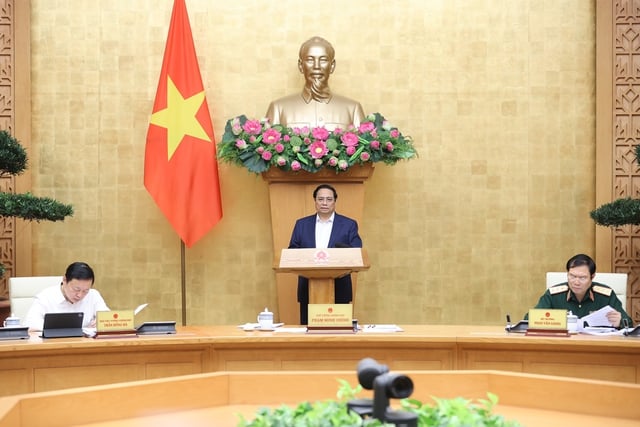
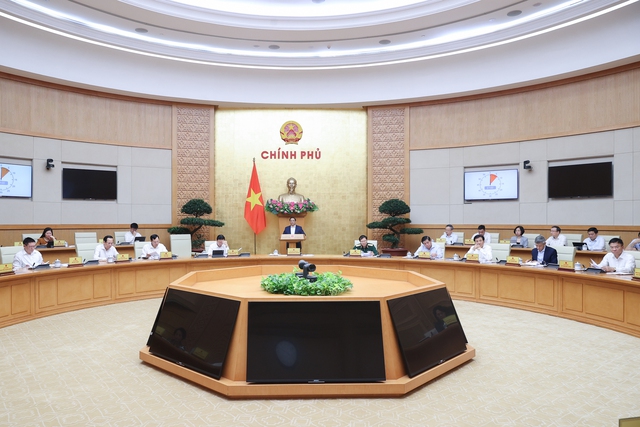


![[Photo] Prime Minister Pham Minh Chinh chairs conference on anti-smuggling, trade fraud, and counterfeit goods](https://vphoto.vietnam.vn/thumb/1200x675/vietnam/resource/IMAGE/2025/5/14/6cd67667e99e4248b7d4f587fd21e37c)



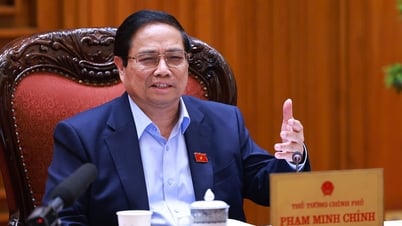

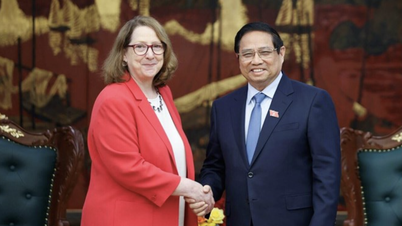







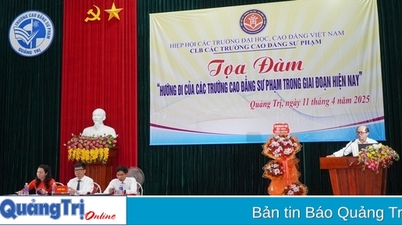


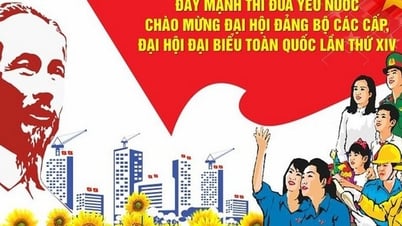



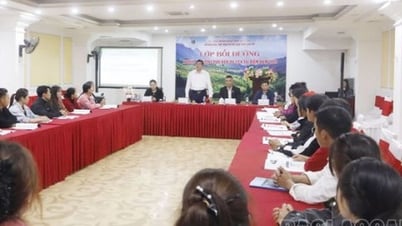






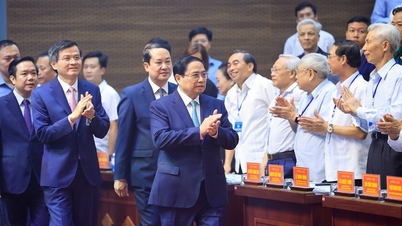
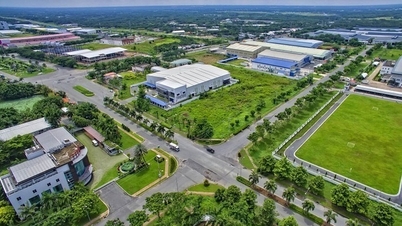









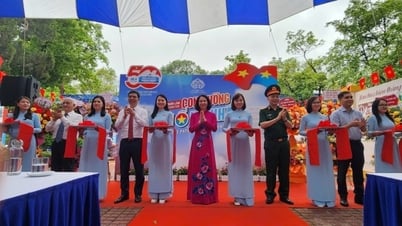














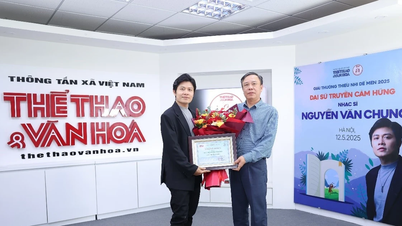












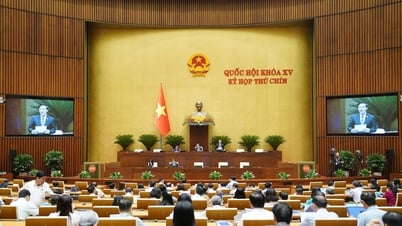



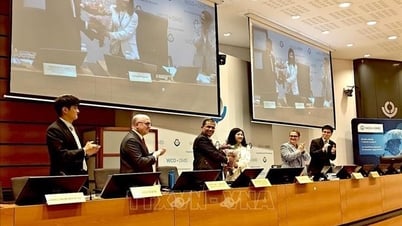

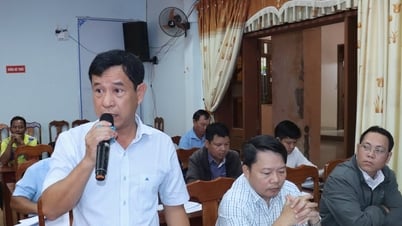



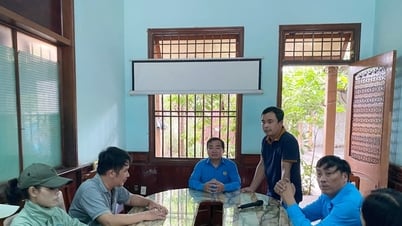


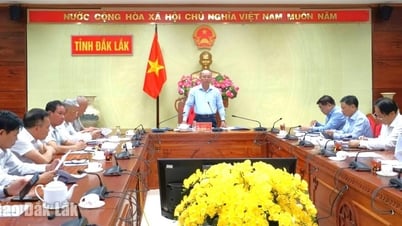










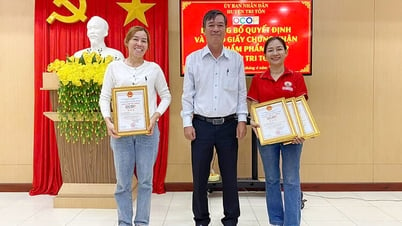



Comment (0)